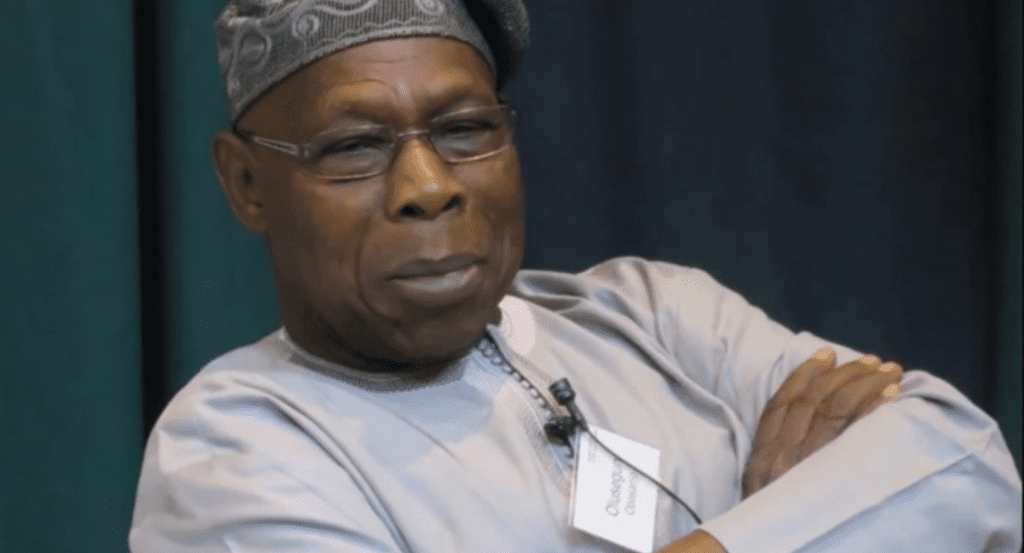The Nigerian National Petroleum Corporation (NNPC) has revealed ongoing efforts to rehabilitate the Kaduna and Port Harcourt refineries as part of its commitment to boosting domestic fuel production. This announcement follows a historical reflection on the reversal of a key refinery sale by former President Umaru Musa Yar’Adua, which has drawn renewed attention.
Prominent lawyer Femi Falana recently shed light on the cancellation of the sale of the Port Harcourt and Kaduna refineries to private investors, including Dangote Group, during the Yar’Adua administration. The decision, Falana explained, was based on findings that the sales process did not comply with legal and procedural standards. The reversal was seen as a move to retain government ownership and control of critical national assets.
NNPC announced that the Kaduna refinery and the second Port Harcourt refinery are undergoing comprehensive overhauls aimed at restoring optimal production capacity. The rehabilitation, part of a larger strategic initiative, is designed to reduce Nigeria’s dependence on imported refined petroleum products and improve the nation’s energy security.
In a related development, former President Olusegun Obasanjo, under whose administration the initial refinery sales were initiated, has been invited by the NNPC to tour the Port Harcourt and Warri refineries. The invitation is part of efforts to showcase progress and underscore the government’s commitment to revamping critical oil infrastructure.
The overhaul of Nigeria’s refineries has faced significant delays and funding challenges over the years. Despite these obstacles, the NNPC maintains that the rehabilitation will be completed in phases, with a view to achieving self-sufficiency in refined petroleum production. The corporation emphasized the importance of sustaining transparency and accountability in its operations.
The contrasting approaches of privatization and government ownership continue to dominate discussions around the management of Nigeria’s oil sector. While Yar’Adua’s policy reversal aimed to ensure public control of national assets, proponents of privatization argue that private sector involvement could accelerate efficiency and productivity.
As NNPC moves forward with its rehabilitation projects, stakeholders remain optimistic that these efforts will address longstanding inefficiencies in the oil and gas sector, ultimately benefiting Nigeria’s economy and energy landscape.























